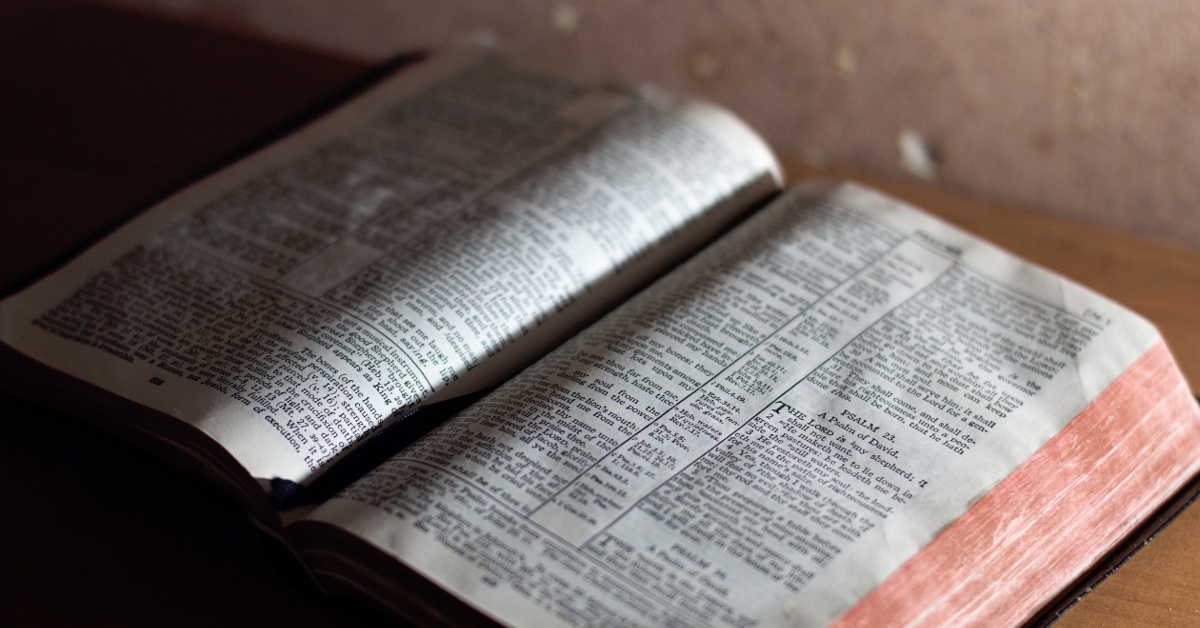The people who walked in darkness
have seen a great light;
those who dwelt in a land of deep darkness,
on them has light shone.
So opens one of the most loved and well-known passages of Old Testament prophecy, as Isaiah foretells the birth of the one whose name will be called Wonderful Counselor, Mighty God, Everlasting Father, Prince of Peace. The messianic prophecy fills the first half of Isaiah 9, but then the reader suddenly finds himself in the middle of a harsh denunciation of the proud and unrepentant Israelites, warning of coming punishment in the form of Assyrian invasion. And then the chapter is over.
Flip over to the next chapter, and we find another, similar denunciation of Israel, once again prophesying Assyrian attack. Then the chapter turns into a denunciation of Assyria herself, warning this “axe” of God’s judgment not to think herself above “him who hews with it.” And with that, Isaiah 10 is complete as well.
If one is reading Isaiah chapter by chapter, it’s hard in this section to avoid a sense of fragmentary thoughts strung haphazardly together. Yet, if we were to simply erase the chapter division, suddenly Isaiah 9-10 reveals a fairly straightforward structure. There is the beautiful prophecy of the future Messiah, then a shift back to the present with a warning of judgment against arrogant Israel, which then flows naturally into a warning for Assyria as well.







